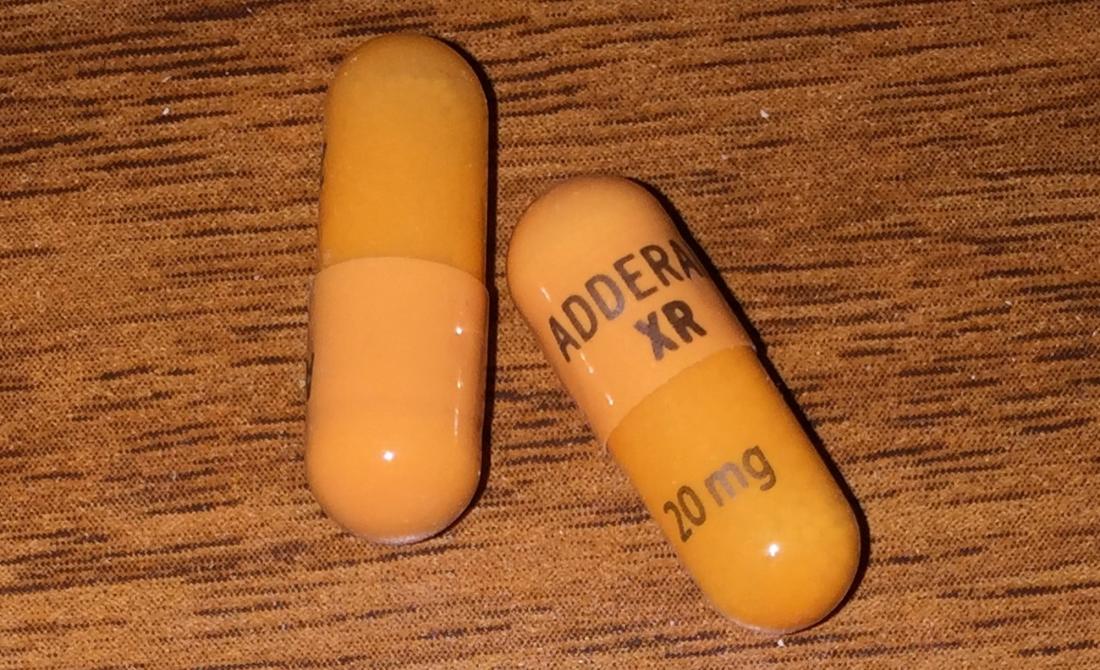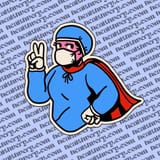Taming the Beast: A Deep Dive into Monster Energy's Caffeine Power
Discover the caffeine content in Monster Energy drinks, how it affects your health, and make informed choices for your lifestyle with expert medical insights.

Monster Energy is a popular energy drink that has taken the world by storm, offering a potent blend of ingredients designed to give a much-needed boost to those who need it. With a catchy and somewhat edgy marketing strategy, Monster Energy has become a popular choice for many who are seeking an alternative to coffee or other energy drinks. One of the primary ingredients that provides the energy boost in Monster is caffeine. In this article, we will discuss how much caffeine is in Monster Energy, the potential health effects of consuming large amounts of caffeine, and how to enjoy the beverage responsibly.
In a standard 16-ounce (473 ml) can of Monster Energy, there is a total of 160 milligrams of caffeine. To put this in perspective, an 8-ounce (237 ml) cup of coffee contains about 95 milligrams of caffeine, meaning that a can of Monster Energy contains roughly the same amount of caffeine as two cups of coffee. This is significantly higher than many other energy drinks, which typically contain around 80 milligrams of caffeine per serving. Some variations of Monster Energy, such as Monster Energy Java, pack even more caffeine, with around 200 milligrams per can.
For most healthy adults, consuming moderate amounts of caffeine is generally considered safe. According to the US Food and Drug Administration (FDA), a daily intake of up to 400 milligrams of caffeine is not associated with any significant health risks for most adults. This means that drinking one can of Monster Energy per day should be safe for most people - provided they do not consume other significant sources of caffeine, such as coffee, tea, or chocolate. However, it's important to remember that individual tolerance to caffeine can vary, and some people may be more sensitive to its effects.
Caffeine has various effects on the body, including increased alertness and focus, improved physical performance, and a temporary boost in metabolism. However, consuming too much caffeine can also have negative consequences. These may include insomnia, jitters, increased heart rate, and elevated blood pressure. Additionally, excessive caffeine intake can lead to headaches, dizziness, and even dependency. It's essential to be mindful of your caffeine consumption and listen to your body's signals.
Some individuals, such as pregnant women, children, and those with certain medical conditions, should be more cautious with their caffeine intake. The American College of Obstetricians and Gynecologists recommends that pregnant women limit their caffeine intake to 200 milligrams per day, as excessive caffeine consumption may lead to an increased risk of miscarriage or preterm birth. Children and adolescents should also limit their caffeine intake, as high caffeine consumption can interfere with sleep and proper development.
In conclusion, Monster Energy is a popular and effective energy drink that delivers a significant caffeine punch. Consumed in moderation, it can help increase alertness, focus, and physical performance. However, it is essential to be mindful of your total daily caffeine intake, as excessive consumption can lead to negative health effects. Pregnant women, children, and those with certain medical conditions should be particularly cautious with their caffeine consumption. As with any caffeinated beverage, it's important to enjoy Monster Energy responsibly and be aware of its potential effects on your body.





